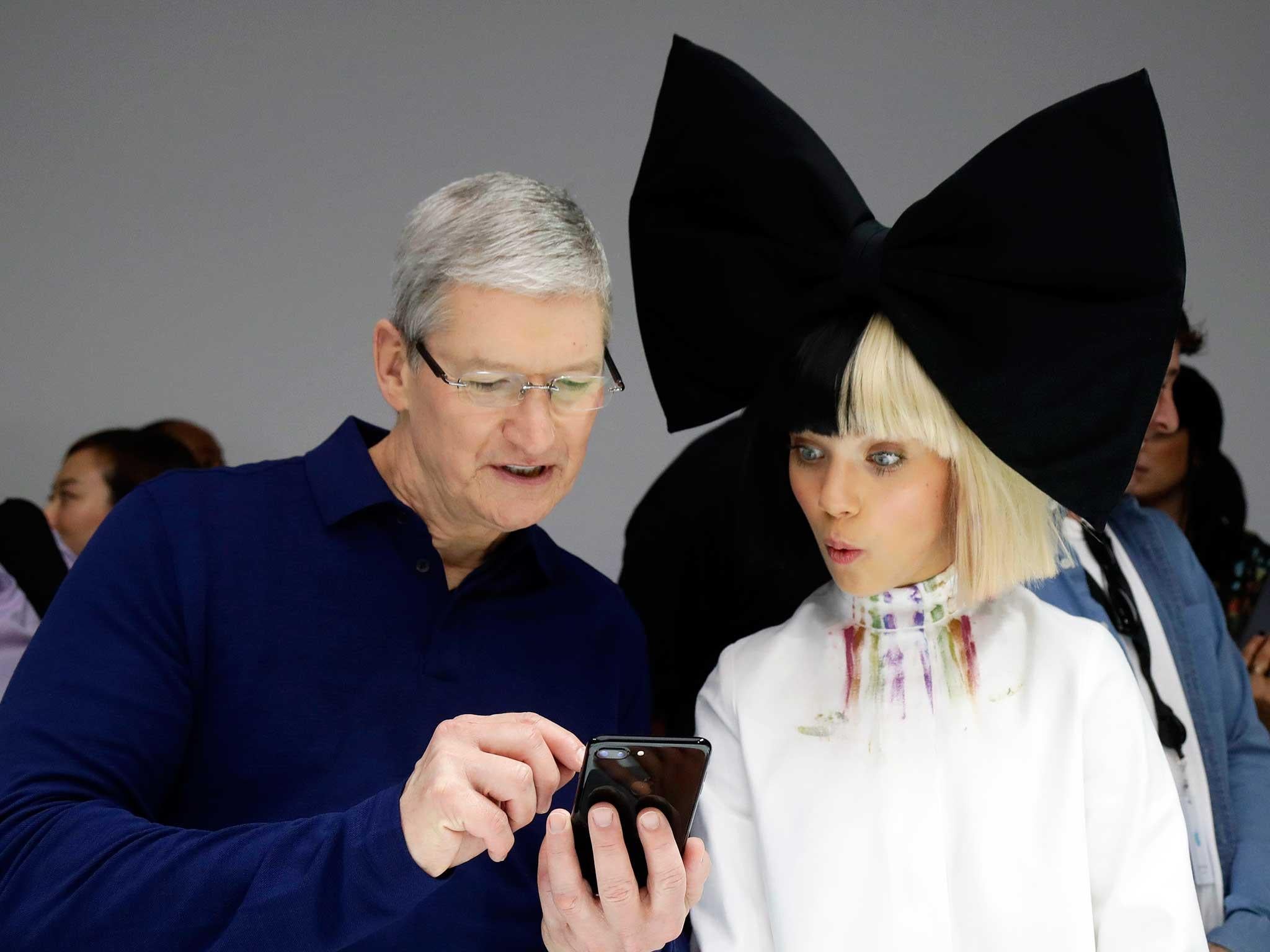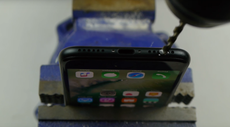Look at the markets and you'll see the evidence that people are gradually falling out of love with Apple
Apple is making £425 profit for every iPhone 7 bought (it costs £170 in hardware and £4 in manufacturing costs to make) and it’s unclear how happy consumers will be to stump up that kind of cash in the long-term. What we do know is that shares haven't improved


Apple is still the world’s most valuable quoted company, with a market capitalisation of just over $600bn (£460bn). That is roughly the same as a year ago – actually down a little. But whereas a year ago it was far ahead of the number two, Alphabet (AKA Google), now it is only $50bn ahead, since Alphabet shares are up 27 per cent over the year. It is plausible that in a year or so it will be toppled from the number one slot by Alphabet, or conceivably by Microsoft, Amazon or Facebook, currently numbers three, four and five. Unlike Apple, all their shares are much higher than they were a year ago.
That is one narrow, if vastly important, measure of a peak. But assessment of the financial market may change; investors are nothing if not fickle. But Apple is dangerously reliant on a single product, for two-thirds of these come from the iPhone. The string of game-changing products that Apple has introduced has been astounding, and doubtless there will be many more in the pipeline. But right now each successive iPhone has to be a winner to keep the revenue flowing.
I should at this stage make a confession. I’ve never liked Apple stuff, finding it too cute, too right-on, even too manipulative. Every element of its designs is stunning, including its stores – if you can get to the Apple Store in Hong Kong, the one near the Star Ferry terminal, prepare to be amazed. But I can’t understand the quasi-religious zeal of Apple enthusiasts, or see the point of a bit of hardware that is just a bit better than the one before. When software is better, that is something else, but hardware?
Then again, I’m not the market. The market is the Apple faithful and the question is whether they are happy to keep upgrading. With the iPhone 7 we don’t yet know the answer to that – the company is making £425 profit for every iPhone 7 bought (it costs £170 in hardware and £4 in manufacturing costs to make) and it’s unclear how happy consumers will be to stump up that kind of cash in the long term. What we do know is that Apple has to keep running ever faster, and that is tough to do.
It is especially tough in a world where the growth is in software, not hardware. As it happens, BlackBerry has just announced that it will give up making smartphones and concentrate on software. You may not realise that they still did make phones, and that itself would be testimony to the fickle nature of telecommunications. Remember the sobriquet CrackBerry for a product so addictive that you couldn’t put it down? You can create an iconic product, but that does not ensure survival in an ever-changing world. The higher you fly, the further you have to fall.
Maybe the iPhone 10, out next year when the iPhone will be 10 years old, will postpone Apple’s decline. But meanwhile it is clear that the growth will be software and logistics. For there will be a peak in global smartphone sales in about three years’ time, when they become a replacement market rather than a growth one. By contrast there is no limit to, for example, the number of apps that can be created – there are already around a million new apps available for download each year, and it is estimated that there will be about 225 billion total downloads this year. That is 30 downloads for every man, woman and child on the planet. The limit is time to use them.
That surely is the challenge facing Apple. It will have to reduce its reliance on selling things and increase its sales of services. That is happening to some extent. But it has powerful competitors, especially numbers two-to-five in the global value league noted above, all of whose shares are up between 27 per cent (Alphabet) and 56 per cent (Amazon) over the past year. This is not yet the twilight of a god, but Apple’s sun is certainly lower on the western sky than it was a year ago.


Join our commenting forum
Join thought-provoking conversations, follow other Independent readers and see their replies